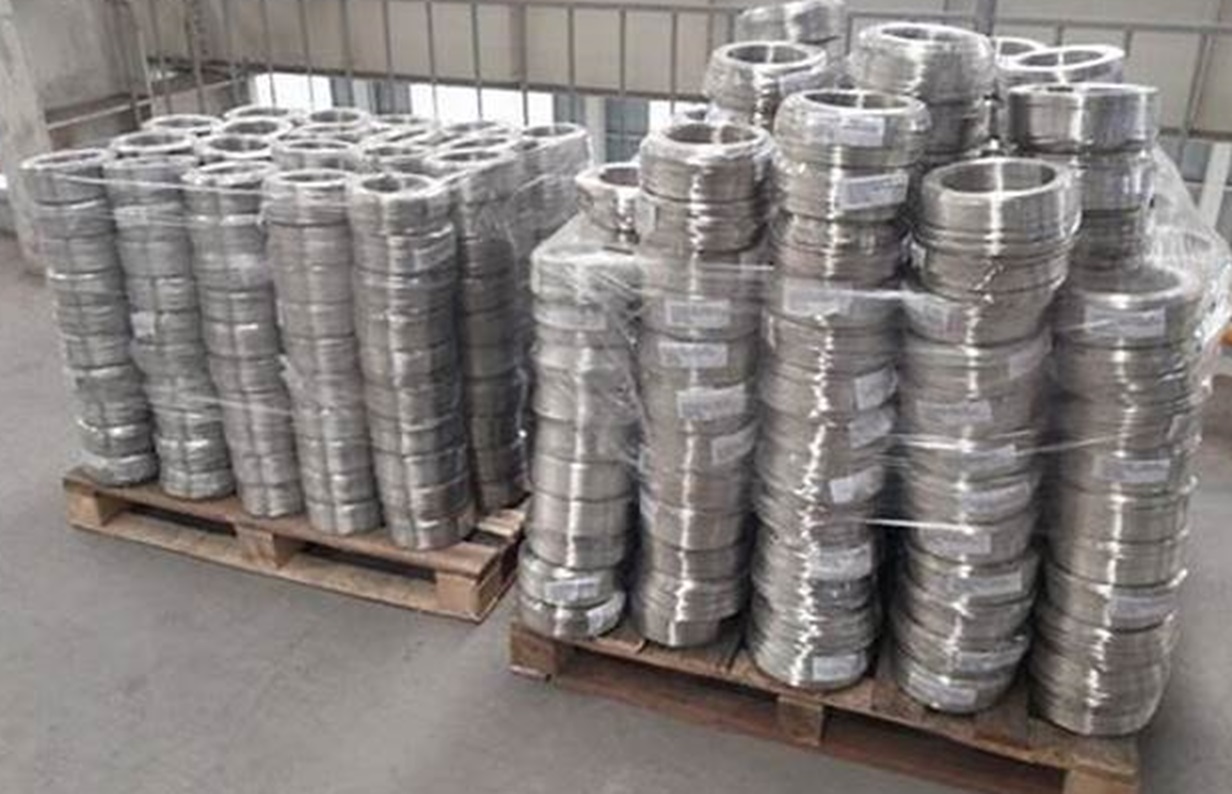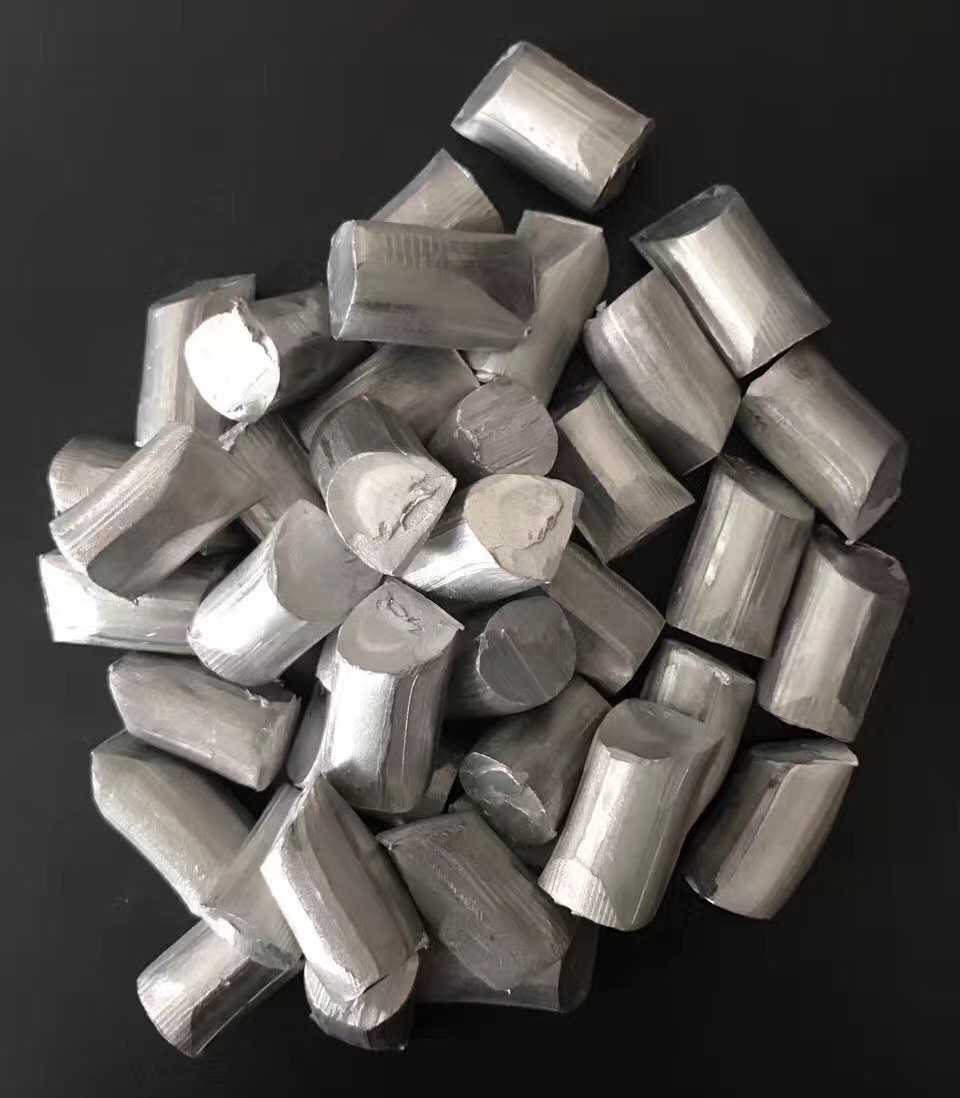We unleash your business potential by maximize the business innovation.
Send EmailAluminum Titanium Boron (AlTiB), AlTiB Master Alloy, Aluminum-Titanium-Boron Alloy, Grain Refiner, 7429-90-5, 7440-32-6, 7440-42-8
Aluminum Titanium Boron (AlTiB) is a master alloy commonly used for grain refinement in aluminum alloys. It plays a critical role in improving the mechanical properties of aluminum during production and processing. Below are the technical, physical, and chemical properties, applications, other names, and reasons why AlTiB is preferred:
Technical Properties:
-
Chemical Formula: Al-Ti-B (Aluminum, Titanium, Boron mixture)
-
Ti/B Ratio: Typically used in ratios such as 5:1 or 3:1.
-
Form: Available as powder, wire, or ingot.
-
Grain Refinement Efficiency: Enhances the mechanical properties of aluminum alloys by refining their grain structure.
Physical Properties:
-
Density: Approximately 2.7 g/cm³ (aluminum-based).
-
Melting Point: Close to the melting point of aluminum (~660°C).
-
Appearance: Gray, metallic structure.
Chemical Properties:
-
Reactivity: Aluminum and titanium are sensitive to oxidation, but boron addition provides stability.
-
Solubility: Dissolves in aluminum and forms intermetallic phases.
-
Corrosion Resistance: Does not affect the corrosion resistance of aluminum alloys.
CAS Number:
-
CAS Registry Number: The specific CAS number for AlTiB master alloys may vary depending on the composition, but the components are:
-
Aluminum (Al): 7429-90-5
-
Titanium (Ti): 7440-32-6
-
Boron (B): 7440-42-8
-
Applications:
-
Aluminum Production:
-
Used for grain refinement in aluminum alloys.
-
Improves mechanical properties in casting and rolling processes.
-
-
Automotive Industry:
-
Preferred for producing lightweight and durable aluminum parts.
-
-
Aerospace:
-
Used in high-strength aluminum alloys for aerospace applications.
-
-
Construction and Architecture:
-
Utilized in the production of aluminum profiles and structural materials.
-
-
Electrical and Electronics:
-
Used in conductive aluminum alloys.
-
Other Names:
-
AlTiB Master Alloy
-
Aluminum-Titanium-Boron Alloy
-
Grain Refiner
Common Names in Everyday Language:
-
AlTiB is a technical material and does not have a specific name in everyday language. However, it may be referred to as "aluminum grain refiner" or "alloy hardener."
Why Should It Be Preferred?
-
Grain Refinement Effect:
-
Refines the grain structure of aluminum alloys, improving mechanical properties (strength, toughness).
-
-
Workability:
-
Provides a more homogeneous structure during casting and shaping.
-
-
Cost-Effectiveness:
-
Increases efficiency in aluminum production, reducing costs.
-
-
Lightweight and Durability:
-
Ideal for industries requiring lightweight materials, such as automotive and aerospace.
-
-
Eco-Friendly:
-
Can be used in aluminum recycling, making it a sustainable material.
-
Conclusion:
AlTiB is an indispensable material for enhancing the mechanical properties of aluminum alloys and optimizing production processes. It is particularly preferred in high-performance industrial applications. Its CAS number and composition make it a reliable and efficient choice for grain refinement in aluminum production.
🧪 AlTiB Master Alloy Grades
| Grade | Ti (%) | B (%) | Si max (%) | Fe max (%) | V max (%) | Al (%) | Form Options |
|---|---|---|---|---|---|---|---|
| AlTi5B1 | 4.5–5.5 | 0.8–1.2 | 0.20 | 0.30 | 0.20 | Balance | Coils / Sticks / Waffle Ingot |
| AlTi3B1 | 2.5–3.5 | 0.8–1.2 | 0.20 | 0.30 | 0.20 | Balance | Coils / Sticks / Waffle Ingot |
🔍 Comparative Highlights
-
Grain Refining Efficiency: AlTi5B1 offers stronger refinement due to higher Ti content.
-
Impurity Control: Both grades maintain low Si, Fe, and V levels—suitable for high-purity aluminum casting.
-
Form Flexibility: Availability in coils, sticks, and waffle ingots supports various casting setups.
📦 Other Master Alloys Offered
-
AlTiC: Titanium + Carbon (grain refinement alternative)
-
AlTi: High Ti content alloys (AlTi10, AlTi15)
-
AlSr: Strontium-based modifiers (AlSr10–AlSr20)
-
AlSi: Silicon-rich alloys (AlSi20–AlSi50)
-
AlCu, AlMn, AlV: Copper, Manganese, Vanadium master alloys
-
Al Wire: 99.5% purity, Ø9.5mm / Ø12.5mm

